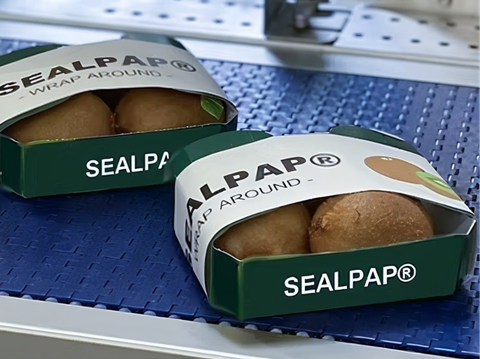
TIPA Compostable Packaging and its European subsidiary Bio4Pack have announced the acquisition of speciality papers company SEALPAP, focused on its recyclable paper-based packaging portfolio.
TIPA states that by combining its certified compostable technologies with SEALPAP’s recyclable coated paper solutions, the partnership enables global brands to choose packaging solutions that align with their product needs, environmental goals and meet new EU regulations – also continuing to advance TIPA’s growth through innovation and strategic acquisitions across Europe and North America.
“By joining TIPA, SEALPAP is taking a major step forward in enabling brands to choose truly sustainable paper-based packaging options, whether recyclable or compostable,” said Robert van der Laan, owner of SEALPAP. “Combining our expertise in coated paper technologies with TIPA’s proven leadership in compostability gives our customers a strategic edge - especially in light of the fast-approaching regulatory changes across Europe.”
In related news, TIPA entered an exclusive agreement with Coveris in September to manufacture and market compostable labels for fresh produce in the UK, in response to increasing market demand and tightening regulatory requirements for the compostability of produce stickers. The new film is said to offer moisture resistance while remaining flexible, allowing the stickers to securely adhere to produce that often has wet or varied surfaces.
More recently, Item Products unveiled its new Eco-Range of paper-based, fully recyclable packaging components said to deliver the strength, performance and aesthetic appeal of traditional plastic parts while remaining cost-effective. The company says that each component in the new range is made from FSC-certified paper or 100% recycled fibre and is fully kerbside recyclable within the paper waste stream.
If you liked this story, you might also enjoy:
The ultimate guide to the Packaging and Packaging Waste Regulation in 2025
How are the top brands progressing on packaging sustainability?
Everything you need to know about global packaging sustainability regulation in 2025
The key to increasing the use of reusable packaging in supermarkets














No comments yet